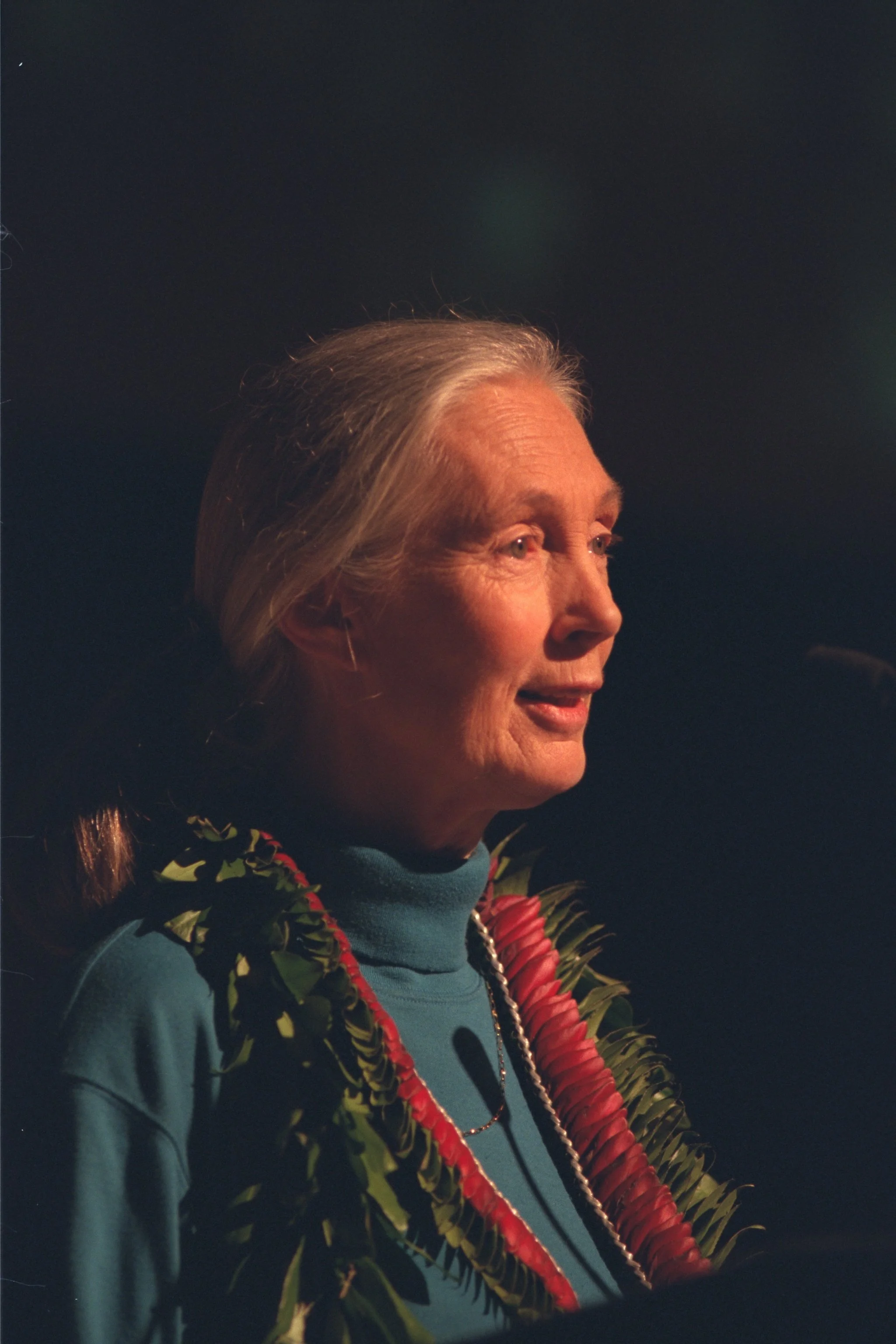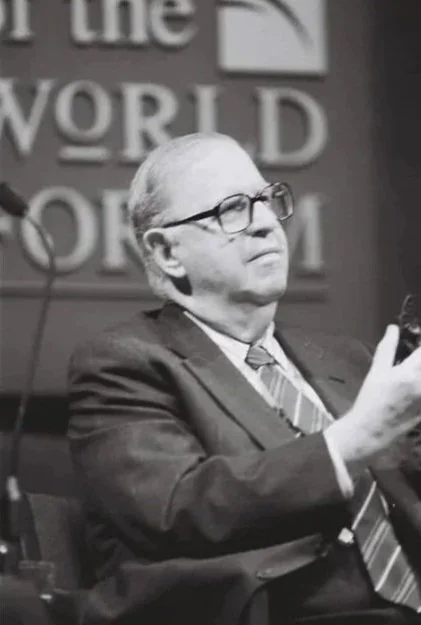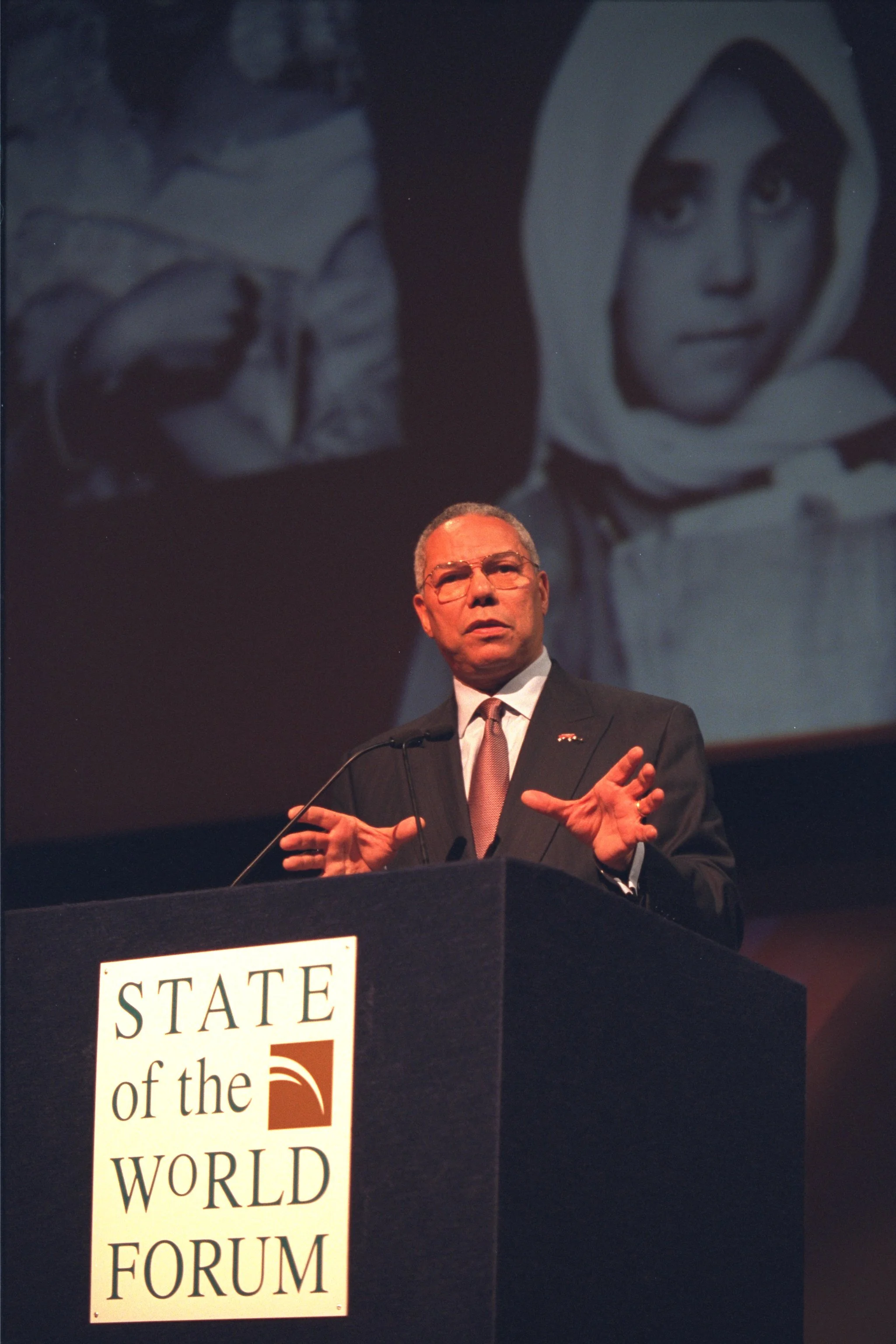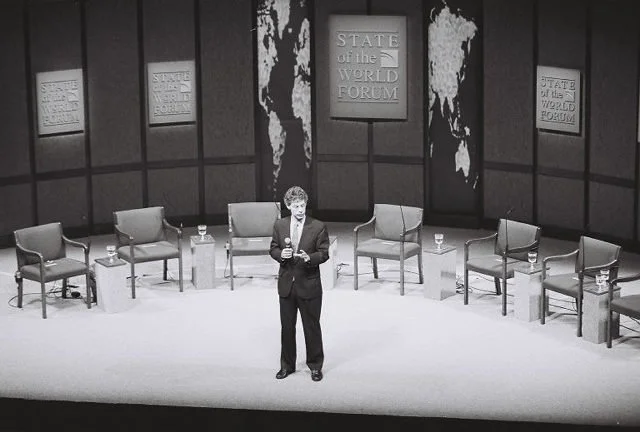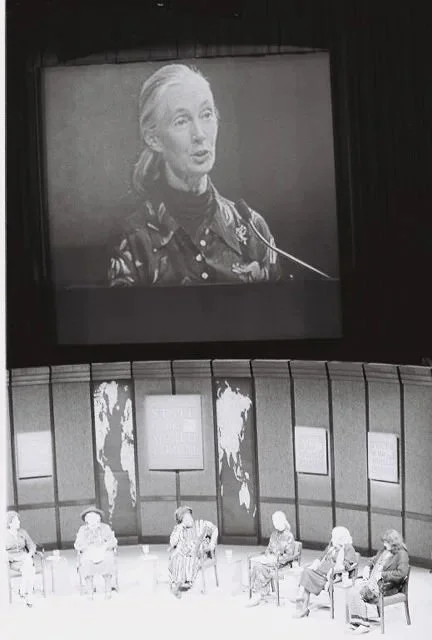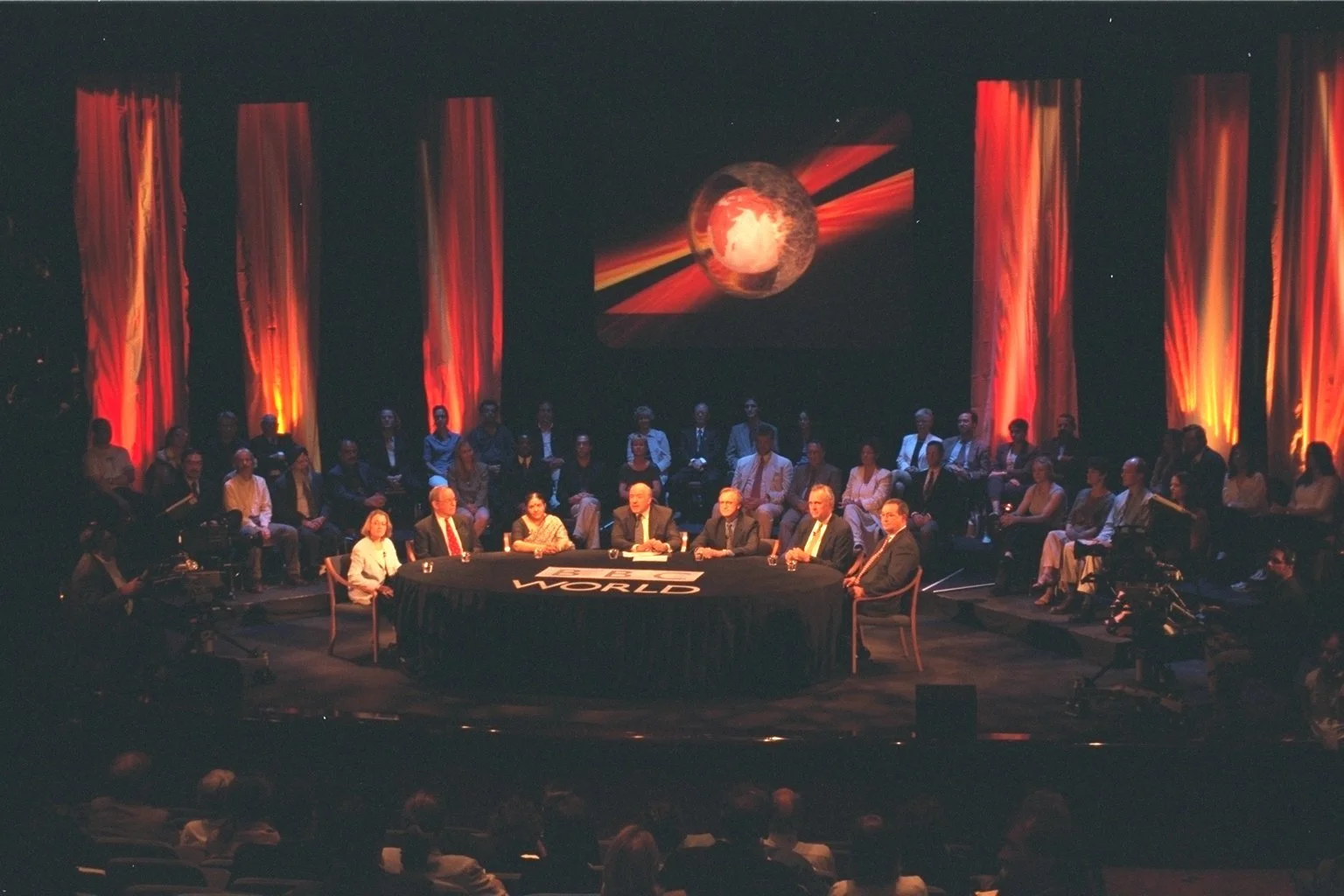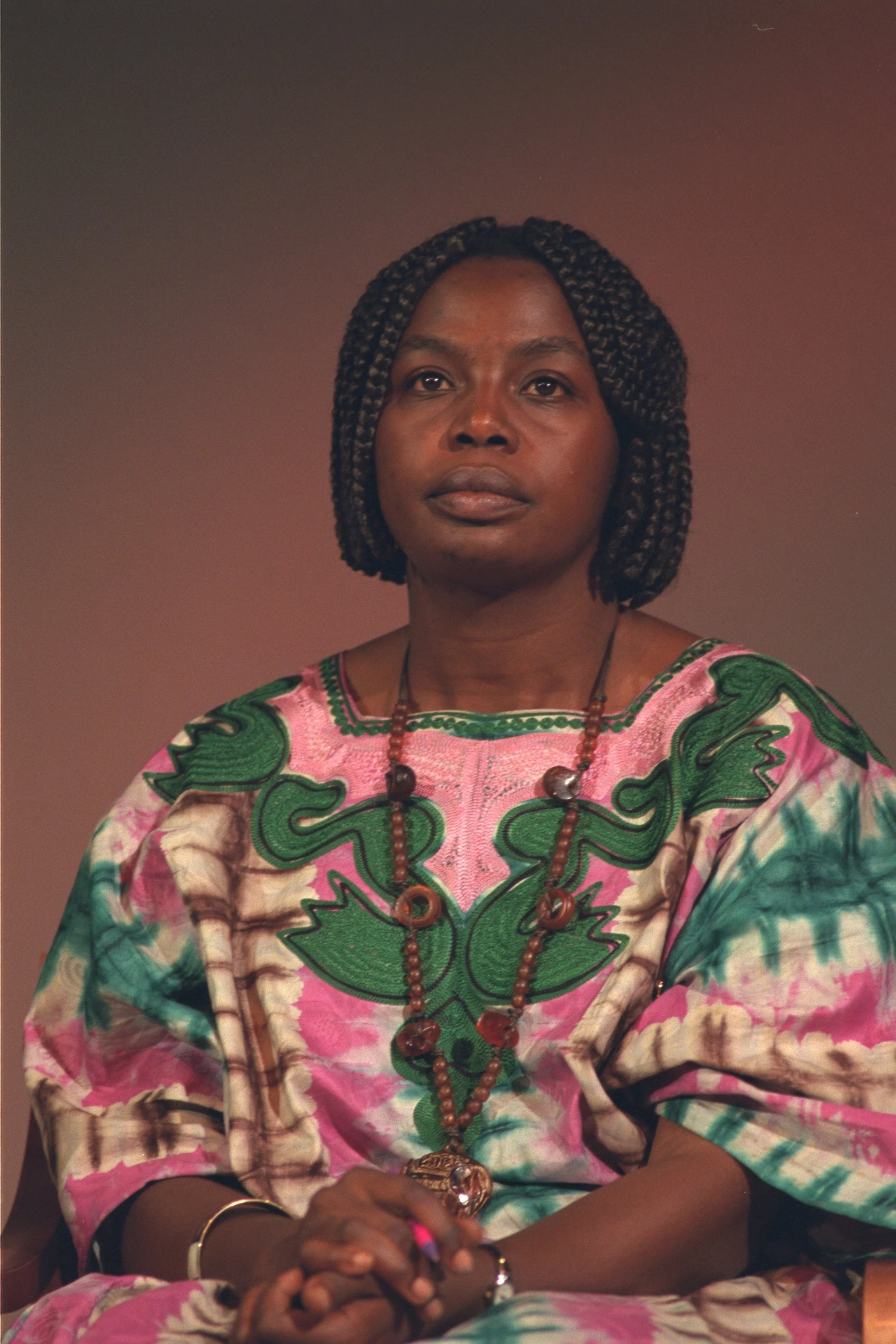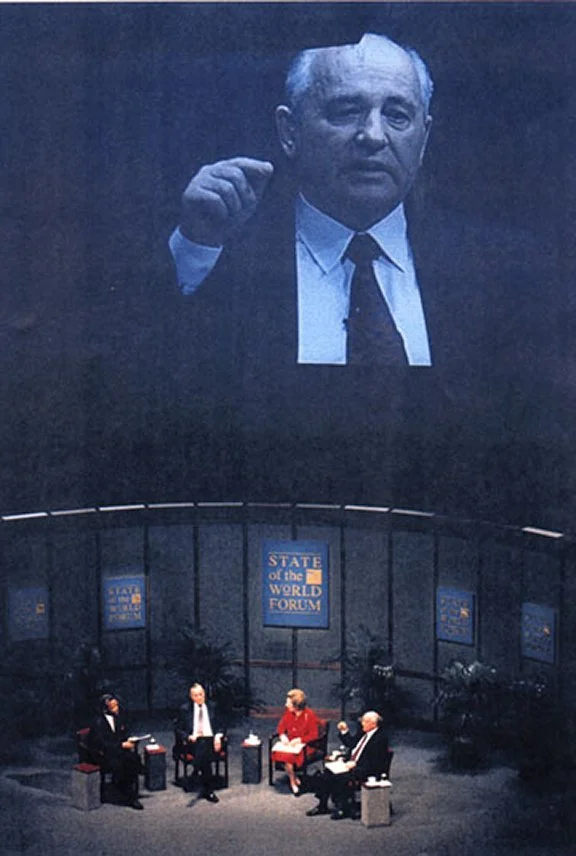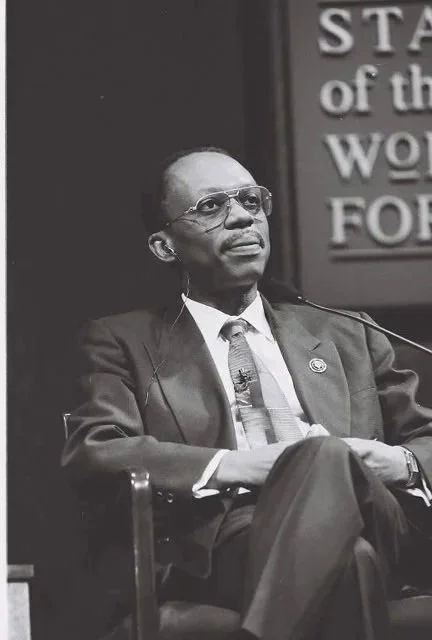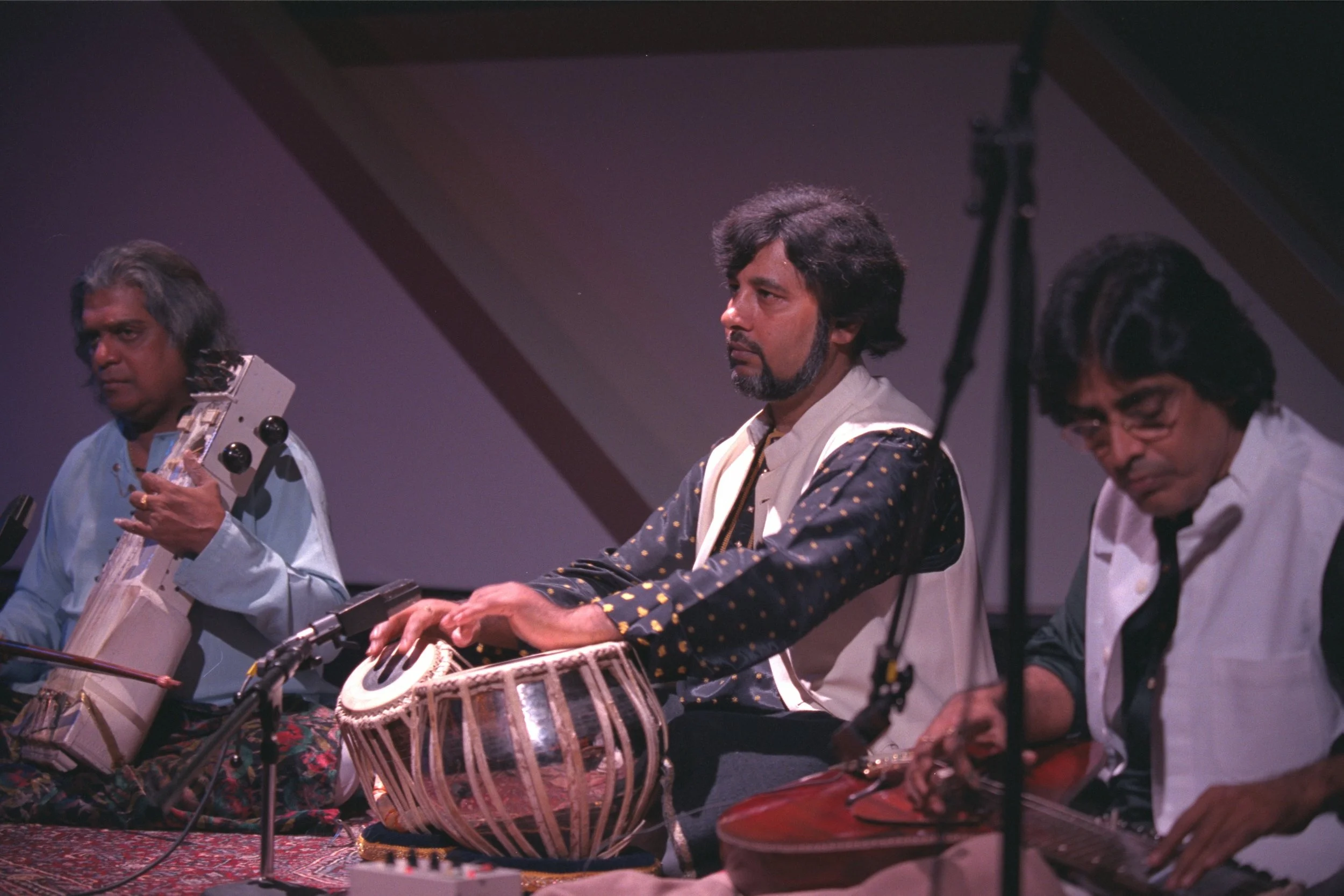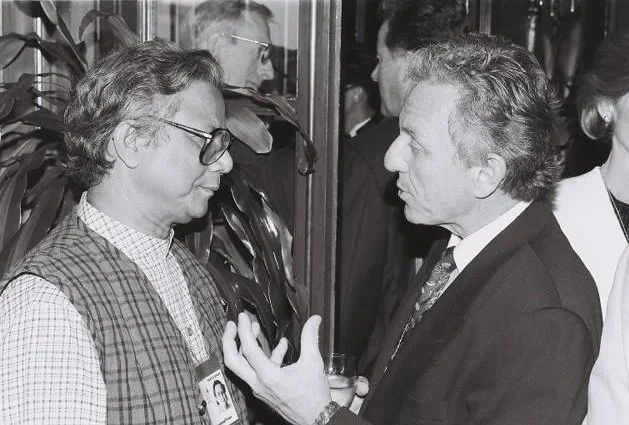History of the State of the World Forum
Historical Context
Between 1995 – 2000, the State of the World Forum was convened by President Mikhail Gorbachev and a global pantheon of co-chairs, including Secretary of State James Baker, Indian National Congress President Sonia Gandhi, primatologist Jane Goodall, Nobel Laureate Wangari Matthai, South African President Thabo Mbeke, First Lady Jehan Sadat, activist Vandana Shiva, Secretary of State George Shultz, Nobel Laureate Joseph Stiglitz, UN Under Secretary Maurice Strong, CNN founder Ted Turner, Archbishop Desmund Tutu, Nobel Laureate Elie Wiesel and Grameen Bank founder Muhammed Yunus. Senator Alan Cranston served as Chairman of the Board, Dr. Jim Garrison served as President. Their mission was to discern the “state of the world” at the end of the Cold War and what possibilities there might be for peace in the emerging world order. The Forum distinguished itself as a global brain trust and became one of the most influential conferences of its era, challenging participants to “transform conversations that matter into actions that make a difference.”
The State of the World Forum left a lasting imprint on global discourse. The Forum helped mainstream the idea of holistic global problem-solving – addressing economic, environmental, social, and spiritual challenges in an integrated way. Many of the themes championed at the Forum such as sustainable development, climate action, nuclear disarmament, interfaith dialogue, digital divide concerns, etc. gained momentum on the world stage in the late 1990s and early 2000s and were eventually reflected in U.N. agendas and civil society campaigns.
Discussions during the first Forum introduced provocative ideas such as the “20-80 society” – predicting a future where only 20% of the workforce might drive the economy while innovative solutions would be needed to support the rest. The Forum’s emphasis on a “global ethic” and shared values contributed to initiatives like the Earth Charter, launched in 2000 by Maurice Strong and Stephen Rockefeller, among others, and the broader conversations on aligning globalization with the planetary ecology and human flourishing. Participants often carried insights and partnerships from the Forum into their home countries and organizations.
The State of the World Forum was dedicated to “transforming conversations that matter into actions that make a difference.” This generated numerous strategic initiatives, including the Global Security Institute with Gorbachev, Senator Cranston, Rajiv Gandhi Foundation advocating nuclear abolition, a Whole Child Initiative with Jane Goodall focusing on children’s well-being, Global Equal Access with SalesForce.com founder Marc Benioff expanding information access, the Coexistence Initiativewith author Bill Ury and philanthropist Alan Slifka advancing intergroup harmony, Ethical Globalization Initiative with Irish President Mary Robinson promoting human rights in development, legislation in the EU Parliament limiting Endocrine Disrupting Chemicals with European Parliament Member Tom Spencer, and an Emerging Leaders program mentoring young leaders from around the world. Networking at the Forum helped inspire youth-oriented conferences such as a Global Peace Forum for young leaders.
The Forum’s ability to assemble a diverse mix of world leaders, experts and change-makers cemented its global reputation. This convergence of perspectives from politics, business, academia, science, culture and the spiritual realm made the Forum a catalyst for groundbreaking initiatives in international policy, sustainable development, and ethical globalization.
Forum Gallery
